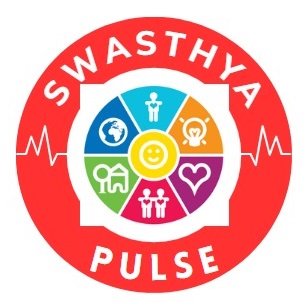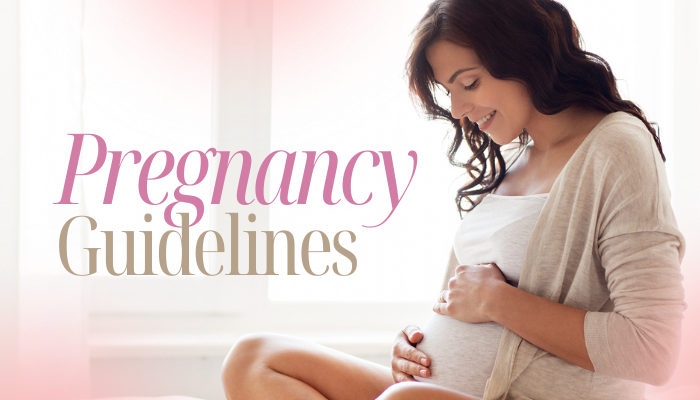📅 What is the First Trimester?
The first trimester spans from week 1 to the end of week 13 of pregnancy. This period marks the beginning of your baby’s development and includes some of the most critical growth milestones. It also brings major physical and emotional changes for you.
Pregnancy is divided into three trimesters:
First trimester: Weeks 1–13
Second trimester: Weeks 14–27
Third trimester: Weeks 28–40
⏰ When Does Pregnancy Actually Begin?
It might surprise you, but pregnancy is calculated from the first day of your last menstrual period (LMP) — even before fertilization takes place. That means by the time you miss your period and get a positive pregnancy test, you’re already about 4 weeks pregnant!
🧠 Understanding What’s Happening Inside
Weeks 1–4: Conception Begins
Ovulation usually happens in week 2.
If sperm fertilizes your egg, it forms a zygote that travels to the uterus and implants.
Early structures like the amniotic sac and placenta begin forming.
A basic neural tube, heart tube, and tiny facial features start to develop.
The embryo is about the size of a grain of rice.
Weeks 5–8: Major Organ Formation
Heart, brain, lungs, ears, and limbs begin forming.
Fingers and toes appear; bones start replacing soft tissues.
Facial features become more defined.
By week 8, your baby is called a fetus and is about the size of a raspberry (1 inch long).
Weeks 9–12: Rapid Growth
Nails, toes, and fingers form.
Your baby begins moving (though you won’t feel it yet).
Digestive and urinary systems are working.
Genitals are formed, though still not visible on ultrasound.
By week 12, your baby is 3–4 inches long (about the size of a plum) and weighs about 1 ounce.
👶 Why the First Trimester Is So Important
This stage lays the foundation for all vital organs and systems. Exposure to toxins, alcohol, certain infections, or medications during this time can affect fetal development and increase the risk of birth defects. That’s why early prenatal care is essential.
🤰 Common First Trimester Symptoms
Every pregnancy is different, but common symptoms include:
Nausea and vomiting (a.k.a. morning sickness)
Tender, swollen breasts
Extreme fatigue
Frequent urination
Mood swings
Mild shortness of breath
Increased vaginal discharge
Bloating or constipation
Mild cramping or spotting (usually harmless but check with your provider)
Skin changes like acne or darkening around the nipples
🩺 What to Do During the First Trimester
✅ Schedule Your First Prenatal Appointment
Choose a pregnancy care provider (OB-GYN, midwife, or family doctor). Early checkups include:
Medical and family history review
Blood pressure, weight, and pelvic exam
Pap smear (if due)
Urine and blood tests
STI screening
Dating ultrasound and heartbeat check (often by week 8)
✅ Take a Prenatal Vitamin
Choose one with:
Folic acid (400–800 mcg daily to help prevent neural tube defects)
Iron
Calcium
Vitamin D
✅ Eat Well
Aim for:
Whole grains, fruits, vegetables, lean protein
Avoid raw seafood, high-mercury fish, unpasteurized dairy, undercooked meat
✅ Drink Water & Get Rest
Stay hydrated and listen to your body. Fatigue is normal!
🚫 What to Avoid in the First Trimester
To protect your baby’s development, avoid:
Alcohol, smoking, and recreational drugs
Raw or undercooked meats, sushi, deli meats
High-mercury fish (e.g., shark, swordfish)
Unpasteurized milk, cheese, or juice
Hot tubs and saunas
High-impact or contact sports
Caffeine over 200 mg/day (roughly 1 cup of coffee)
📞 When to Call Your Healthcare Provider
Contact your provider if you experience:
Heavy bleeding or severe cramping
Fever above 100.4°F (38°C)
Dizziness, fainting, or rapid heartbeat
Severe nausea or vomiting that prevents eating or drinking
Swelling in hands/face or sudden weight gain
Blurred vision or seeing spots
🧪 What Screenings Happen in the First Trimester?
Your doctor may recommend:
Ultrasound to confirm due date and fetal heartbeat
Blood tests for infections, blood type, Rh factor
Genetic screening for chromosomal abnormalities (e.g., Down syndrome)
Additional tests if you’re at high risk or expecting multiples
📝 Final Thoughts
The first trimester is a whirlwind of changes — emotionally, physically, and hormonally. Though you might not look pregnant yet, your body is doing some of the most important work it ever will. Taking care of your health, getting early prenatal care, and making thoughtful lifestyle changes lay the foundation for a healthy pregnancy and baby.
If you’re unsure or overwhelmed, that’s completely normal. Don’t hesitate to reach out to your provider — they’re here to help every step of the way.


